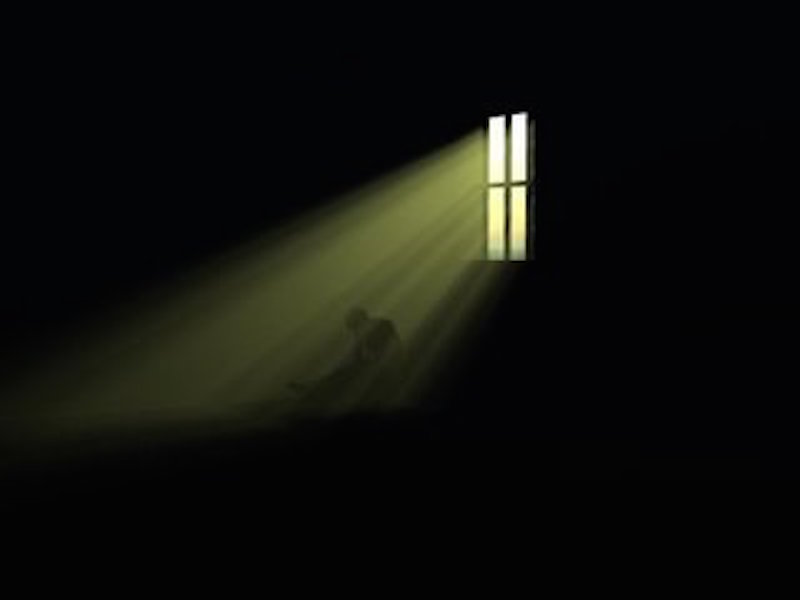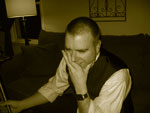Persona and Poetry
Jill Reid
 “My story is important not because it is mine, God knows, but because if I tell it anything like right, the chances are you will recognize that in many ways it is also yours.”—Frederick Buechner
“My story is important not because it is mine, God knows, but because if I tell it anything like right, the chances are you will recognize that in many ways it is also yours.”—Frederick Buechner
Last fall, I spent a few weeks teaching two beautiful essays to an undergraduate creative writing class. One essay was written by Frederick Buechner and the other by my talented friend Callie Feyen. Both essays dealt with moments of loss and growth and reached far back into the writers’ pasts, all the way to childhood. One of the most interesting things my students discussed in regard to the essays was the way both authors were able to compress time in their narrative voices. The essays were rich with both the voice of the children they once were and the adults they had become. My students loved the essays not only for the stories they told but more, I think, for the voices that told them. These were voices both broad and specific enough to belong to the writers, as well as every reader who had experienced similar loss and growth.
Energized from the discussion, I went home and tried to write a poem for the first time in weeks. I made coffee, stared at the screen, and heaved more into the blank space than any poor page deserves to bear. It took two more weeks before the poem and its voice came together enough to sound less like Jill the person and more like Jill the writer—someone who crafts voice and imagery capable of embodying both 'my' story as well as the stories of others.
Voice, the construct of tone behind a poem’s unfolding, has become much more than a craft concern for me. Learning how to create and wield “voice” has allowed me to move through spaces as a writer I would never be brave enough to risk as just Jill. When I entered the MFA program at Seattle Pacific University three years ago, I was choking on moments and images and memories that I couldn’t control or temper into poetic line. I was a newly divorced, single mom putting myself through grad school, and I felt like a walking stereotype. The world smacked of pain. An unpaired sock on the floor, the mockingbird cracking into the glass door, even my umbrella turning inside out in the rain—every image brimmed with the shock of loss.
My poetry mentor, Jeanine Hathaway, who has written extensively utilizing the power of persona (see her Ex-Nun Poems), looked me in the eye and asked, “Why not try a costume change?” I blinked at Jeanine. “Tell the story. But use a persona. It will free the poem to be the poem and your experiences to be your experiences.”
In a way, persona saved me. I was able to write about the unpaired sock and the mockingbird and the umbrella, but write about them outside of the moment I experienced them. Instead, those images unfolded in the crafted persona of a professor/mom or the granddaughter of a Creole farmer. And while those personas comprise elements of my identity, they are also constructs that allowed me to be both emotionally present and distant enough from the experiences and the poems to do them all justice. With my voice tucked inside the right persona, I don’t get bogged down in the mire of how I remember something or how I would say something. Instead, I am free to know what I would say or did say while writing what the persona would say in the way she would say it.
Each time I sit down and lack the courage to tell a story, I think of Jeanine and the power of a costume change. Eventually, I get the nerve to rummage for the right persona and let it lead me through the difficult spaces. I am learning to follow and create the voice that helps me to be brave.










